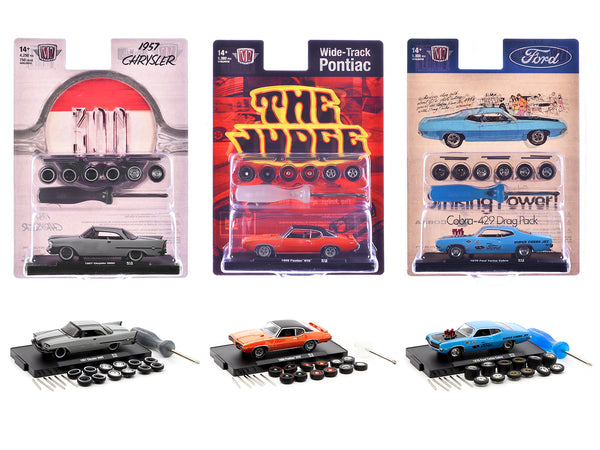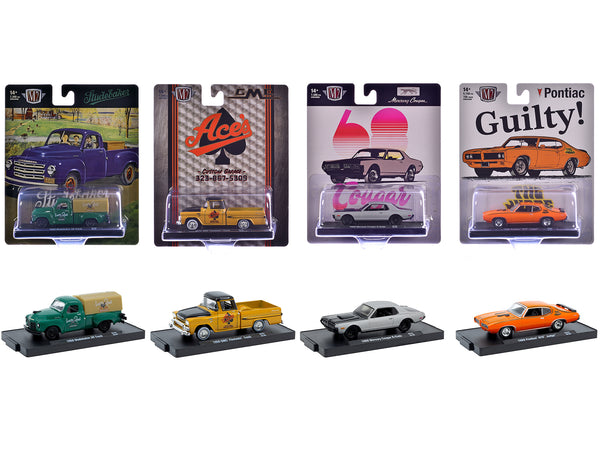
The Honda Convertible S2000
Related Products
Share
The Honda S2000 has become an icon on the used car market and commands premium prices. Driving it carefully could even give the illusion of driving an Miata; one that rides and sounds more rough-riding and loudly than any MX-5 ever produced!
But find a winding road, and the 237 horsepower four-cylinder will deliver its full potential, up to its exotic high-rpm power.
Engine
Honda designed and assembled their S2000 around a 2.0-liter (2,000cc), four-cylinder engine. In order to balance weight distribution effectively, Honda kept proportions modest so the engine could sit as close and low to the firewall as possible. This allowed them to use an engine borrowed from their racing program that featured single valve spring design as well as 25.5 degree angles between intake and exhaust valves and distributor-less ignition technology.
The result was spectacular; the S2000 could reach 60 mph in 5.8 seconds and cover a standing quarter-mile in 14.4. Revving its high-tech tenor snarl engine was pure pleasure, perfectly complementing agile handling characteristics of this car.
Honda designed its S2000 with an efficient six-speed manual transmission that capitalizes on its modest amounts of torque while being easy to shift gears quickly and seamlessly. Honda also provided it with one of the stiffest chassis designs among any roadster in its class; engineers can thus customize spring rates, shock absorber damping rates and bushing durometers without compensating for frame flex during handling tuning processes.
As with other Honda sports cars, the S2000 was known for its reliability; however there were some potential problem areas to keep an eye out for. One such issue is with its timing chain tensioner (TCT), which produces a distinct rattle upon startup if it begins to malfunction. Replacing it is relatively straightforward and can be done by anyone with basic tools; S2Ki provides a comprehensive guide for doing it yourself; however it would probably be wiser to hire a professional as a failed TCT can cause significant engine head and block damage!
Transmission
Honda has established itself in the sports car market through their lineup of CRX and Integra models as well as their phenomenal NSX supercar. Their S2000 was an obvious extension of this success as it combined retro convertible sensibilities with high-tech engineering lessons learned from its incredible sibling; making driving it an exhilarating experience with incredible acceleration and tight, precise cornering reminiscent of driving a go kart!
It features a 2.0 liter four-cylinder engine that generates 240 horsepower and can rev up to 9000rpm, coupled with a six-speed manual transmission designed specifically for this car that offers smooth rapid shifts. Furthermore, the S2000 comes equipped with double wishbone front and rear suspension as well as electrically assisted power steering that reduces energy loss while improving road feel.
The S2000 is an exceptional sports car and stands alone among its class as it delivers exhilarating performance with a top speed of 150 mph. Acceleration from zero to 60 takes just over five seconds while it covers a quarter-mile in under 14 seconds while emitting an unmistakable high-tech snarl when doing so.
One of the greatest strengths of an S2000 is that it doesn't require special maintenance, making it highly reliable. However, due to oil consumption issues it should be checked thoroughly when purchasing any used one. If it has been properly cared for it should last a long time without experiencing major problems; however, higher mileage ones could experience issues such as oil leaks or wear and tear on components.
Safety
Honda's racing expertise shines through in the S2000's responsive handling. An ideal 50/50 weight distribution and hybrid monocoque/frame design create an exceptionally rigid chassis. Honda also introduces innovative four-wheel double wishbone suspension system design as well as highly responsive electrically assisted power steering systems to further increase response and ensure responsive steering. Equipped with front 205/55 R-rated tires on 16 inch alloy wheels with 11-inch brake discs provides outstanding grip.
Inside the cockpit, Honda aimed for a driver-focused design with easy outward visibility and simple controls. Its deep contoured bucket seats offer ample lateral support during aggressive driving while an aluminum/leather shift knob and racing-inspired digital instrument display add an edge of sporting excellence. A large red "START" button on the console flashes when engine revs reach 8,000rpm; another touch worthy of competition.
The power-operated soft convertible top opens or closes in around six seconds at the push of a switch on the center console, and folds compactly behind the cockpit and secures with a soft boot cover secured with snaps. Struts, roll bars and strengthened windshield frames were designed specifically to absorb energy of full frontal impacts as well as offset frontal or rear impacts and reduce head injury for occupants.
Other safety features of note include 3-point seat belts, front and side-impact airbags, antilock brakes and a tire pressure monitoring system. An AM/FM/CD audio system featuring two speakers is optional, as is an XM Satellite Radio subscription and headrest speakers. Honda's Vehicle Stability Assist (VSA) feature is standard to enhance driver control during acceleration, braking and cornering and can be disabled with just the press of a button if desired; in addition to air conditioning and a security alarm system.
Design
The Honda S2000 sports car is the latest entry into their long lineage of S models. Distinguished by a transaxle design that places most of its weight over the front axle for increased balance, as well as being powered by a smaller engine with compact chassis dimensions, helps it remain flat through corners at high speeds while offering firm brake pedal performance that doesn't nose dive under hard use.
The car's style is classic roadster: long hood that allows engine to rest entirely behind front axle for optimal weight and handling, short rear deck to stand out, small dimensions make it easy to maneuver, lines of the hood and fenders seeming to meet at one point--inspired by yacht gunwales design feature-- and small dimensions make it easily maneuverable.
Honda engineers spent considerable effort perfecting the S2000's chassis to give it an exact and confident driving experience. It features independent suspension with control arms (rather than struts) at all four corners, with one of the stiffest frames among current roadster models - essential to precision handling because it enables suspension engineers to optimize spring rates, shock absorber damping settings and bushing durometers without having to compensate for chassis flex.
The S2000's engineering features include a variable gear ratio steering system that adjusts power-steering assist depending on vehicle speed, and all-wheel drive with limited slip differential to help hook up tight corners. All in all, driving an S2000 is enjoyable and satisfying while the price point won't break your budget; no wonder its owners appreciate its status as a modern classic rather than having to wait decades for its successor!
Performance
The S2000 is the epitome of sports car dreams: its front-engine, rear-drive layout; six-speed close-ratio manual transmission; unequal-length control arm suspension at all four corners; disc brakes and supportive bucket seats are hallmarks of superior sportscar design. Furthermore, its 2.0 liter, naturally aspirated four-cylinder engine delivers 120 horsepower without forced induction; boasting an 8,300rpm redline redline!
Honda's Millennial Roadster is one of the most driver-focused cars ever created and was created with race car ethos in mind. That is why it didn't rely on cutting edge technologies such as twin turbo GT-Rs or break any molds with its design; rather it simply focused on being the ultimate performance vehicle and statistically providing one of the greatest power-to-weight ratios ever seen in sports cars.
Interior of S2000 The S2000 is designed as a racecar with its small but quick steering wheel that feels direct and substantial, as well as its ergonomic cockpit with aluminum and leather-wrapped shift knob, racecar-inspired digital instrument display, pedestrian safety measures such as dual-stage double threshold front airbags, three point seat belts, roll bar hoops and windshield wiper pivots which collapse upon a head-on collision; Vehicle Stability Assist AM/FM/CD audio system as well as rear spoiler and tire pressure monitoring systems come standard as well.
The S2000 features one of the stiffest chassis designs ever used on modern roadster vehicles, enabling engineers to tune spring rates, shock absorber damping rates and bushing durometer durometers in order to achieve optimal handling, ride quality and responsiveness without compensating for chassis flex. Indeed, driving hard makes for rewarding experiences! It's difficult to pinpoint any major flaws with this car which makes driving it so rewarding.





